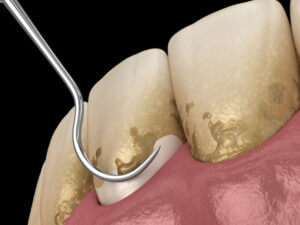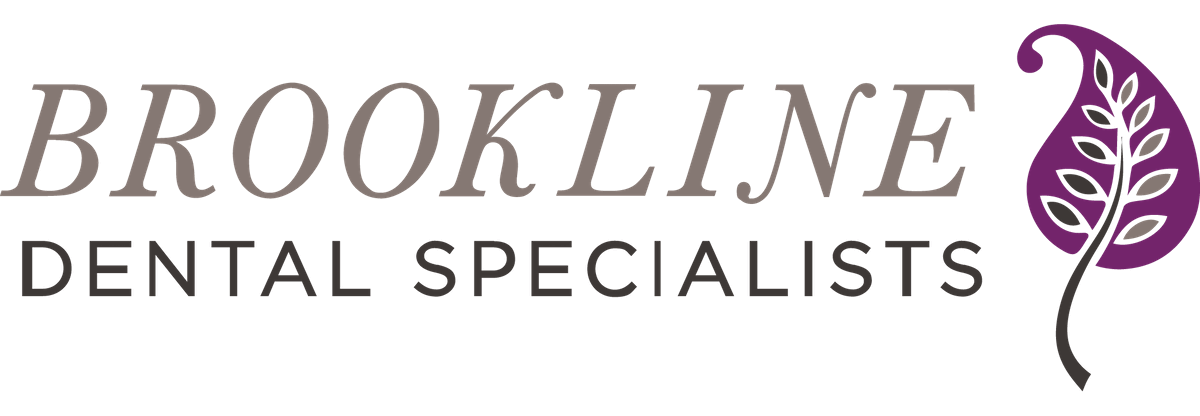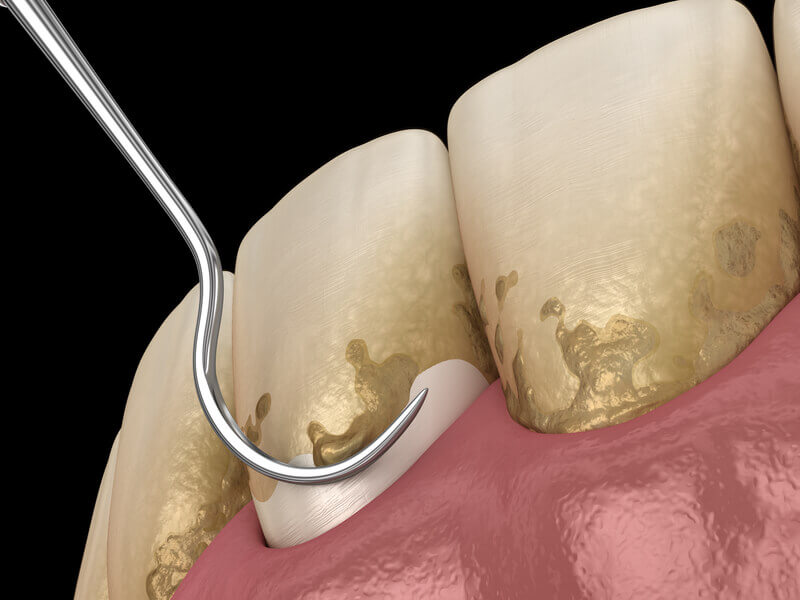
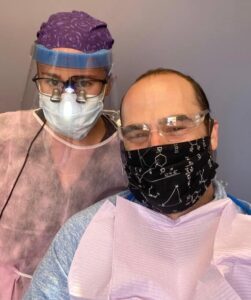
Proactive and Preventative Plan
Having a proactive and preventative plan to manage your dental health should include regularly scheduled appointments with your dental hygienist. Making the commitment to having your teeth cleaned, and an examination by the dentist ensures that we can monitor your teeth and gums before bacteria and disease lead to bigger health concerns, and potentially expensive corrective procedures. Tooth decay, which can lead to cavities, or painful places on your teeth where the protective enamel is eaten away exposing the tooth’s root. Once a cavity has formed, you may experience pain and discomfort in that part of your mouth, however, cavities may not have any symptoms until after significant damage has been done to the tooth. This is why regular visits are so important. Early signs of tooth decay are easier to treat than advanced cases.
Periodontitis/Gum Disease
According to recent findings from the Centers for Disease Control and Prevention (CDC), half of Americans aged 30 or older have periodontitis, the more advanced form of periodontal disease. This equals approximately 64.7 million Americans. Gum disease, which can be mild and practically unnoticeable in the early stages, can lead to much more severe problems if untreated. It may cause loss of teeth, infections, and compromise your immunity.
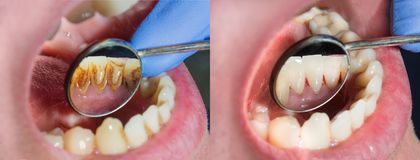
This disease can also have serious complications beyond just your teeth and gums. Research has shown that periodontal disease is linked to other health problems including heart complications, strokes, diabetes complications, and respiratory issues. Once you have the disease, it cannot be cured only managed. It is important to work with the dentist to develop a “perio-maintenance plan” that is right for your condition. This will include more frequent cleanings, and a more intensive technique called “scaling and root planing” to remove destructive bacteria that cause the disease to progress.
